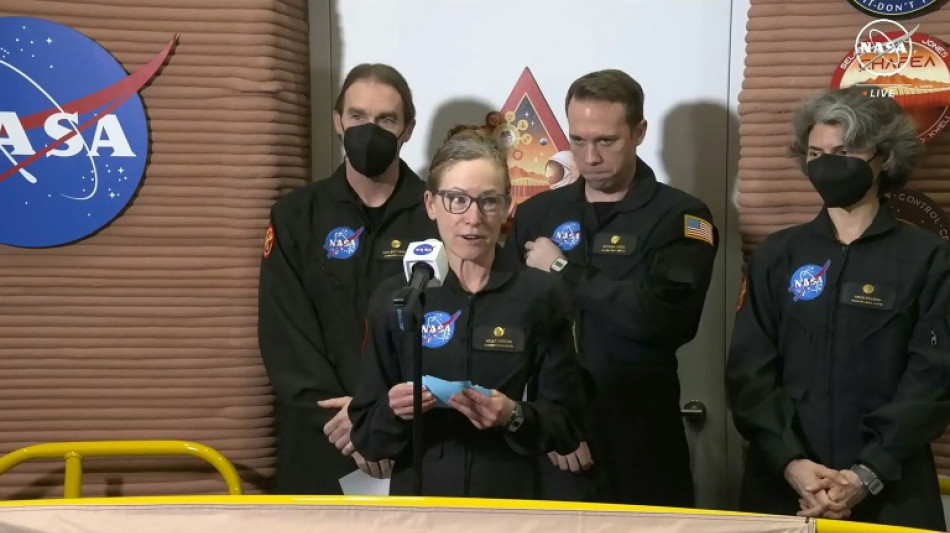
-
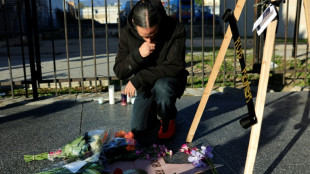 Rob Reiner murder: son not medically cleared for court
Rob Reiner murder: son not medically cleared for court
-
FIFA announces $60 World Cup tickets for 'loyal fans'

-
 Dembele and Bonmati scoop FIFA Best awards
Dembele and Bonmati scoop FIFA Best awards
-
Shiffrin dominates first run in Courchevel slalom
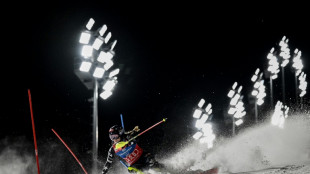
-
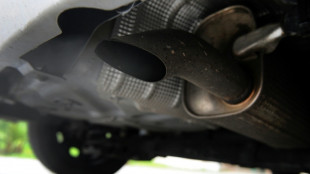 EU weakens 2035 combustion-engine ban to boost car industry
EU weakens 2035 combustion-engine ban to boost car industry
-
Arctic sees unprecedented heat as climate impacts cascade
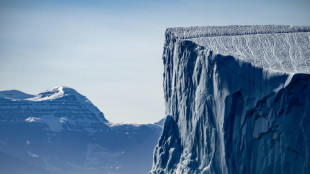
-
 French lawmakers adopt social security budget, suspend pension reform
French lawmakers adopt social security budget, suspend pension reform
-
Afrikaners mark pilgrimage day, resonating with their US backers
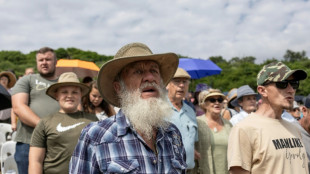
-
 Lawmakers grill Trump officials on US alleged drug boat strikes
Lawmakers grill Trump officials on US alleged drug boat strikes
-
Hamraoui loses case against PSG over lack of support after attack

-
 Trump - a year of ruling by executive order
Trump - a year of ruling by executive order
-
Iran refusing to allow independent medical examination of Nobel winner: family
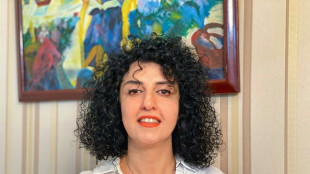
-
 Brazil megacity Sao Paulo struck by fresh water crisis
Brazil megacity Sao Paulo struck by fresh water crisis
-
Australia's Green becomes most expensive overseas buy in IPL history
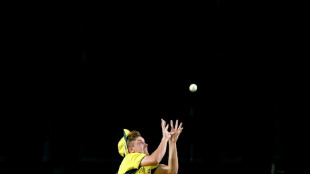
-
 VW stops production at German site for first time
VW stops production at German site for first time
-
Man City star Doku sidelined until new year

-
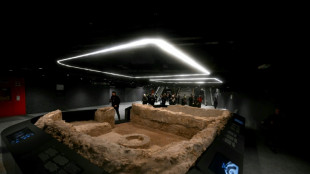 Rome's new Colosseum station reveals ancient treasures
Rome's new Colosseum station reveals ancient treasures
-
EU eases 2035 combustion-engine ban to boost car industry
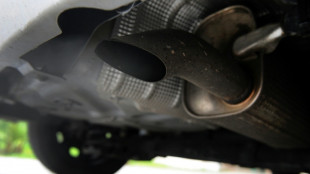
-
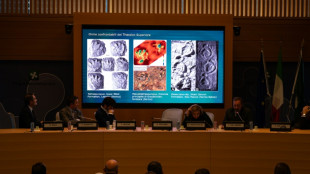 'Immense' collection of dinosaur footprints found in Italy
'Immense' collection of dinosaur footprints found in Italy
-
US unemployment rises further, hovering at highest since 2021
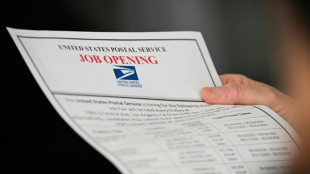
-
 Senators grill Trump officials on US alleged drug boat strikes
Senators grill Trump officials on US alleged drug boat strikes
-
Filmmaker Rob Reiner's son to be formally charged with parents' murder
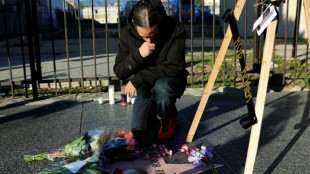
-
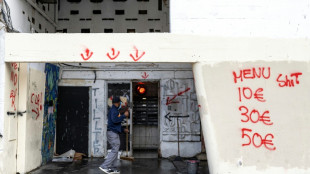 Shift in battle to tackle teens trapped in Marseille drug 'slavery'
Shift in battle to tackle teens trapped in Marseille drug 'slavery'
-
Stocks retreat on US jobs, oil drops on Ukraine hopes
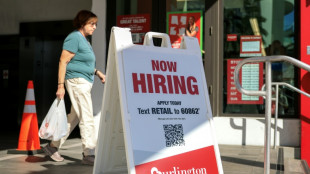
-
 Manchester United 'wanted me to leave', claims Fernandes
Manchester United 'wanted me to leave', claims Fernandes
-
Serbian President blames 'witch hunt' for ditched Kushner hotel plan
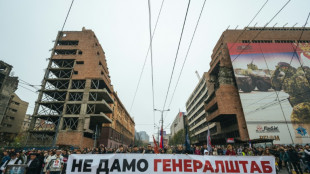
-
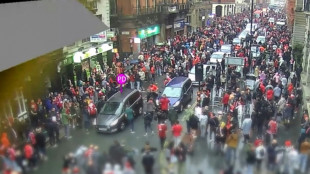 Man who hit Liverpool parade jailed for over 21 years
Man who hit Liverpool parade jailed for over 21 years
-
Sahel juntas would have welcomed a coup in Benin: analysts
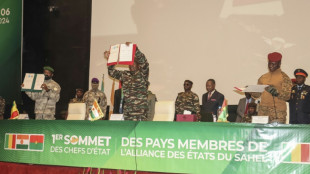
-
 PSG ordered to pay around 60mn euros to Mbappe in wage dispute
PSG ordered to pay around 60mn euros to Mbappe in wage dispute
-
BBC says will fight Trump's $10 bn defamation lawsuit

-
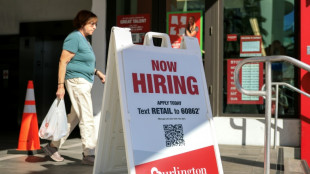 Stocks retreat ahead of US jobs, oil drops on Ukraine hopes
Stocks retreat ahead of US jobs, oil drops on Ukraine hopes
-
Suicide bomber kills five soldiers in northeast Nigeria: sources
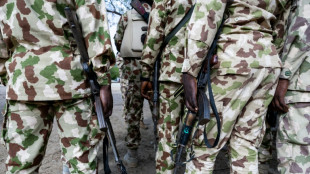
-
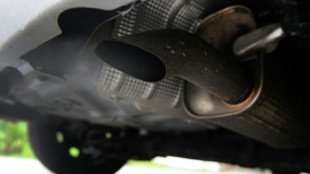 EU set to drop 2035 combustion-engine ban to boost car industry
EU set to drop 2035 combustion-engine ban to boost car industry
-
Australia's Green sold for record 252 mn rupees in IPL auction
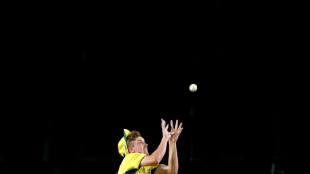
-
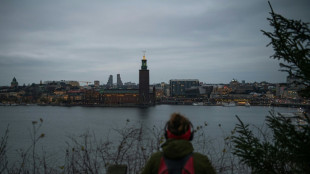 Elusive December sun leaves Stockholm in the dark
Elusive December sun leaves Stockholm in the dark
-
Brendan Rodgers joins Saudi club Al Qadsiah
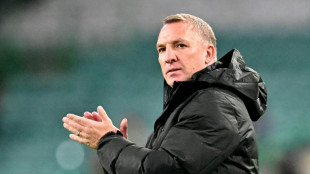
-
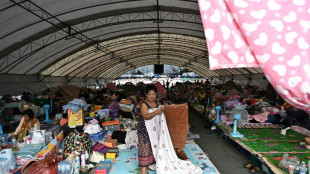 Thailand says Cambodia must announce ceasefire 'first' to stop fighting
Thailand says Cambodia must announce ceasefire 'first' to stop fighting
-
M23 militia says to pull out of key DR Congo city at US's request
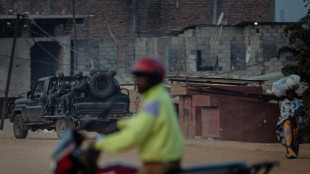
-
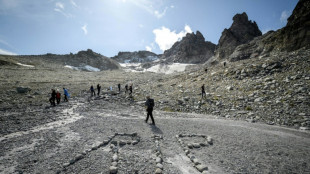 Thousands of glaciers to melt each year by mid-century: study
Thousands of glaciers to melt each year by mid-century: study
-
China to impose anti-dumping duties on EU pork for five years
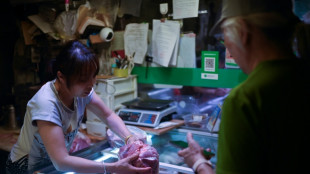
-
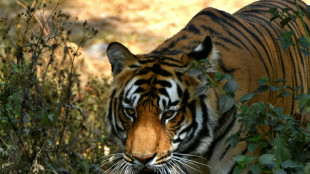 Nepal starts tiger census to track recovery
Nepal starts tiger census to track recovery
-
Economic losses from natural disasters down by a third in 2025: Swiss Re
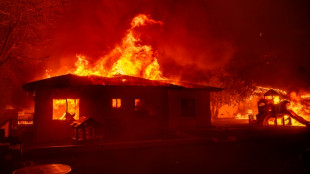
-
 Indonesians reeling from flood devastation plea for global help
Indonesians reeling from flood devastation plea for global help
-
Timeline: How the Bondi Beach mass shooting unfolded

-
 On the campaign trail in a tug-of-war Myanmar town
On the campaign trail in a tug-of-war Myanmar town
-
Bondi Beach suspect visited Philippines on Indian passport

-
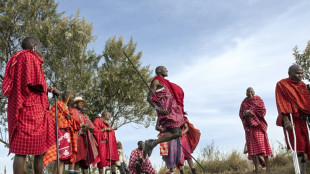 Kenyan girls still afflicted by genital mutilation years after ban
Kenyan girls still afflicted by genital mutilation years after ban
-
Djokovic to warm up for Australian Open in Adelaide
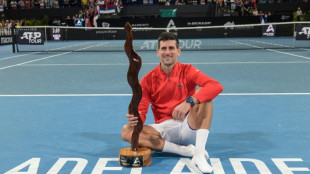
-
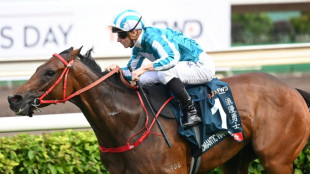 Man bailed for fire protest on track at Hong Kong's richest horse race
Man bailed for fire protest on track at Hong Kong's richest horse race
-
Men's ATP tennis to apply extreme heat rule from 2026
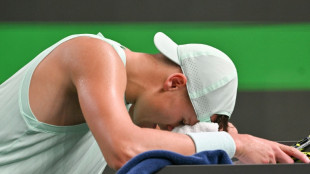

One year on 'Mars': Inside NASA's ultra-realistic isolation study
Sealed inside a habitat in Texas and cut off from the outside world for over a year, Kelly Haston was the commander of a first-of-its-kind simulation for NASA to prepare for a future mission to Mars.
From conducting mock "Marswalks" to tending to a vertical garden, and occasionally grappling with boredom -- Haston expressed pride in advancing the cause of space exploration while admitting the experience made her reconsider the reality of life on the Red Planet.
"Going to space would be an amazing opportunity," the 53-year-old biologist told AFP. "But I would say that it would be harder having experienced this, to know how it feels to leave your people."
The overarching goal of the experiment, called CHAPEA (Crew Health and Performance Exploration Analog) Mission 1, is to better understand the impacts of isolation on a crew's performance and health.
The project lasted 378 days and concluded in early July.
After all, a round-trip to Mars could easily take more than two years, factoring in the transit time of six-to-nine months and the time NASA hopes to spend on the planet.
For Haston, the hardest part was clear: "I could have been in that habitat for another year and survived with all of the other restrictions, but your people -- you miss your people so much."
Communications with the outside world were delayed by twenty minutes each way, simulating how long it takes a radio signal to travel between Earth and Mars.
They were also some limits on sending and receiving videos, to account for bandwidth restrictions.
The worst feeling was when relatives or friends were experiencing rough times, said Haston. "You couldn't be there for them in real time."
Her only direct human contacts were her three teammates and fellow Mars colonists -- but she insists they never went stir-crazy.
"Of course, there were times where you had crabby days, or something was bothering us, either as a crew or as an individual," she explained.
"But the communication was extremely good in this group," she said and besides, such problems were few and far between. "Up until the very end, we ate meals together."
Their 1,700-square-foot (160-square-meter) home included crew quarters, common areas and even an area for crops like tomatoes and peppers.
Called "Mars Dune Alpha" the 3D-printed habitat was installed inside a hangar at the NASA Johnson Space Center in Houston.
Simulated "Marswalks" took place in an exterior area that recreated the Martian environment with red soil and cliffs painted along the walls.
Crew members donned spacesuits and passed through an airlock to reach the "sandbox," as it was nicknamed, with tasks coordinated by their colleagues inside.
- Boredom -
"There were days where you did really wish you were outside, I can't lie," says the Canadian who now lives in California. But, to her surprise, these pangs only intensified towards the end.
Periods of boredom are an inevitable part of long space expeditions, and it was precisely this extended isolation that set CHAPEA apart from most prior "analog" missions.
Halston staved off ennui by embroidering mission symbols and images of Mars.
Of course, "analogs can't address all problems or all issues of an eventual mission to Mars," she said, though the lessons learned will aid in planning.
Each team member's food intake was meticulously documented, their blood, saliva and urine samples were collected, and their sleep habits, physical and cognitive performance analyzed.
"The food system is one of the greatest mass drivers on a human mission for human logistics, and we are going to be resource-constrained on these missions," NASA scientist Grace Douglas said on a podcast.
This makes it critical to determine the minimum necessary provisions to maintain astronauts' health and ensure the mission's success.
For now, NASA is keeping the details of the crew's tasks under wraps to preserve the element of surprise for the next two iterations of the mission. CHAPEA 2 is set for 2025.
A.Mahlangu--AMWN



